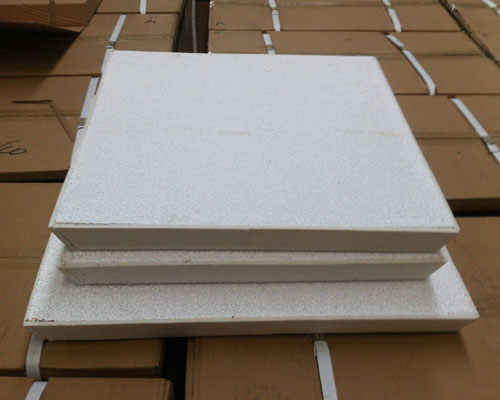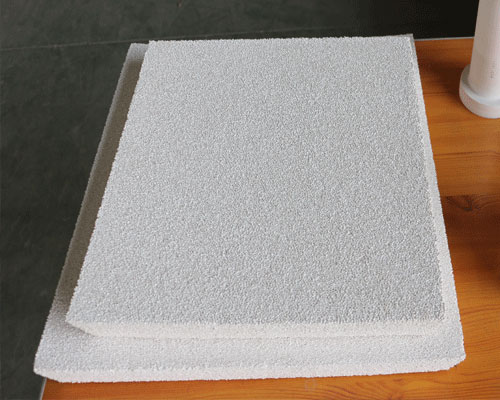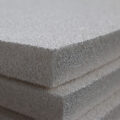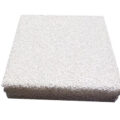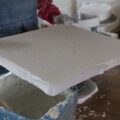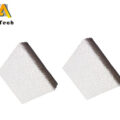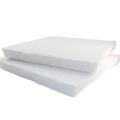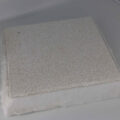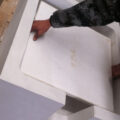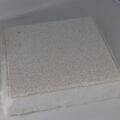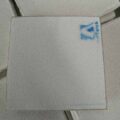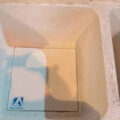Alu ceramic foam filters rely on a distributed mesh structure, which can increase the surface area and absorb sintered ore, and the molten metal becomes purer. It can reduce casting defects, such as sand holes and pores, and the casting quality becomes better. Foam ceramics have the characteristics of light weight, high mechanical strength, large specific surface area, and high porosity. The molten metal has excellent thermal shock resistance, chemical resistance, and high-temperature stability.
Ceramic foam filters provide the best way to eliminate non-metallic inclusions, which are the main source of casting quality problems. And to help you meet the increasing demand for quality.
When casting products, remove impurities in molten metal, refractory waste, solid refractory alloys, sintered ore, eliminate turbulence, reduce casting porosity, and improve casting quality. Therefore, our alumina ceramic foam filter is widely used in the aluminum casting foundry to prevent defects caused by oxides, scum, gas, slag, and other impurities.
Features of Alu Ceramic Foam Filters
- The turbulence in the metal flow is eliminated, the metal flow is smooth, and spray, splash, and collapse are avoided. Improve fluidity, castability, workability, output, and cost-effectiveness.
- Remove a larger proportion of fine particles, reduce waste and rework losses.
- Provide consistent flow rate and capacity.
- Various sizes, shapes, and apertures are available.
- High-efficiency filtration improves the whole casting process.
- Ceramic foam filter has the advantage of improving molten metal processing, casting, machining, and finished product itself.
Alumina ceramic foam filters are mainly used for filtering aluminum and aluminum alloys in foundries and foundries. Alumina (Al2O3) ceramic foam filter has excellent resistance to molten aluminum erosion and corrosion, can effectively remove inclusions, reduce trapped gas and provide laminar flow, and then the filtered metal is significantly cleaner. Cleaner metals can produce higher quality castings, fewer scraps and fewer inclusion defects, all of which help increase profits.

